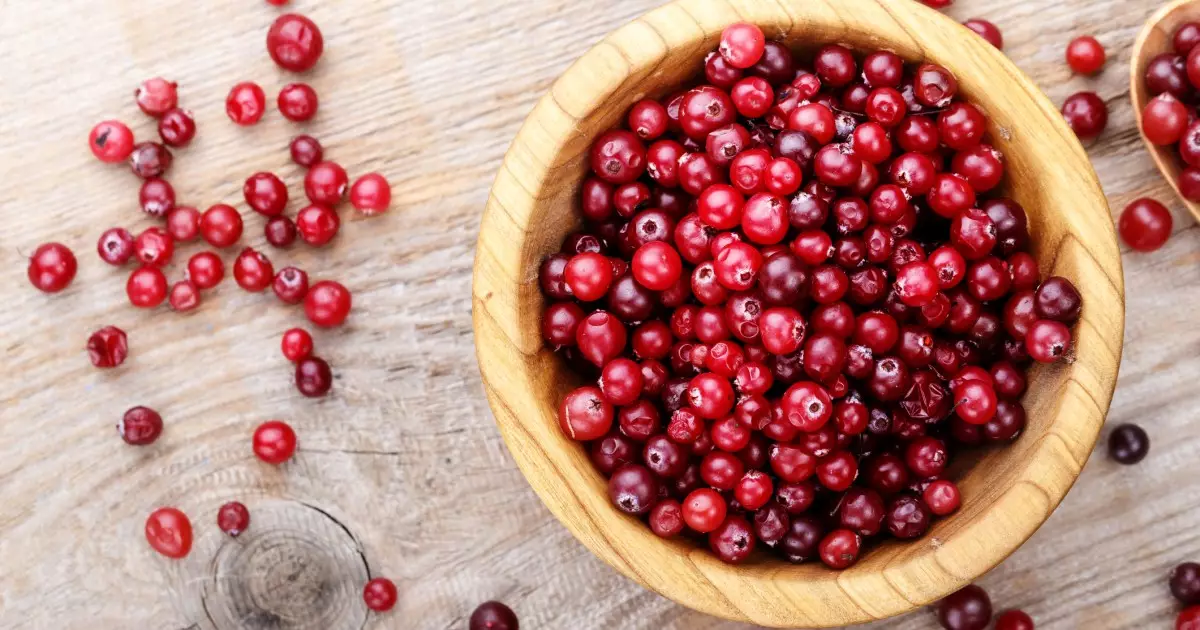As beloved members of our families, dogs often participate in holiday festivities, including those scrumptious feasts brimming with seasonal treats. Among these delights, cranberries frequently make an appearance, but many pet owners wonder: Can dogs enjoy this tart fruit? While the short answer is ‘yes,’ it’s essential to understand both the benefits and potential risks when offering cranberries to our furry friends.
Cranberries, known for their bright red hue and tangy flavor, are packed with health benefits that can positively impact a dog’s diet. These small fruits are loaded with vitamins, particularly vitamin C, along with essential minerals like potassium, manganese, and copper. In addition to these nutrients, cranberries provide an excellent source of dietary fiber, an element that can assist in maintaining regular bowel movements. A well-balanced intake of fiber can also promote a sense of fullness in dogs, which can help deter unwanted begging during mealtimes, especially during the bustling holiday gatherings.
Moreover, cranberries possess anti-inflammatory properties and contain quercetin, which may aid in combating various inflammatory conditions. For dogs suffering from urinary tract issues, cranberries might offer some supportive benefits. Their high levels of proanthocyanidins (PACs) can help prevent harmful bacteria, such as E. coli, from adhering to the bladder wall, potentially aiding in better bladder health. However, it’s crucial for pet owners to understand that while cranberries have health virtues, they should not be viewed as a primary treatment for any medical conditions.
Safe Serving Practices for Dogs
When it comes to sharing cranberries with your dog, moderation is vital. While cranberries are safe for dogs to consume, offering them in excess can lead to gastrointestinal upset or adverse reactions. It is also essential to stick to raw or unsweetened cranberries to avoid the dangers of added sugars and unknown ingredients often found in processed cranberry products. Many cranberry dishes or sauces prepared for human consumption can contain sugars, spices, or citrus zest, which may not be suitable for dogs and can lead to health complications.
As a responsible dog owner, it’s advisable to consult with a veterinarian before introducing cranberries, especially if your dog has pre-existing health conditions. Vets can provide personalized advice and address any concerns regarding potential allergies or dietary restrictions.
Preventing Health Risks
Despite their benefits, it’s important to understand that cranberries should not be relied upon as a standalone treatment for urinary tract infections (UTIs). Veterinarian Dr. Marie Haynes emphasizes that while cranberries may help inhibit certain bacteria, they are not a cure-all for UTIs and cannot replace veterinary care. Moreover, excessive consumption may lead to the development of calcium oxalate stones in some dogs, particularly if cranberries are added to their diets in large quantities every day.
Pet owners should also avoid giving their dogs products like jellied cranberry sauce or sugary cranberry drinks, as these often contain ingredients harmful to canine health. Foods high in sugar can lead to several issues, including obesity and pancreatitis, a serious condition that can arise from dietary indiscretions.
Instead of regularly incorporating cranberries into your dog’s diet, consider reserving them as special treats. For example, raw or dried cranberries can be introduced in small amounts as a healthy snack. When selecting dried cranberries, always opt for unsweetened varieties, steering clear of “craisins,” which often contain added sugars.
To make cranberries more appealing, consider incorporating them into homemade dog-friendly treats, such as cranberry-infused biscuits or shortbread. This approach ensures that your pup enjoys the berry in a fun and safe manner while avoiding harmful additives. Several commercial dog treats also come pre-infused with cranberries, providing a convenient option for pet owners.
Cranberries can be a wholesome addition to your dog’s diet when offered appropriately and in moderation. Their nutritional profile, combined with the festive spirit of the holidays, makes them an enjoyable treat for dogs. However, responsible pet ownership includes keeping an eye on ingredient lists and understanding potential health risks. Consulting your veterinarian will provide peace of mind and ensure that your furry companion can safely partake in the nutritional benefits of cranberries during the holiday season and beyond. Celebrate the joy of sharing while prioritizing your dog’s health!


Leave a Reply